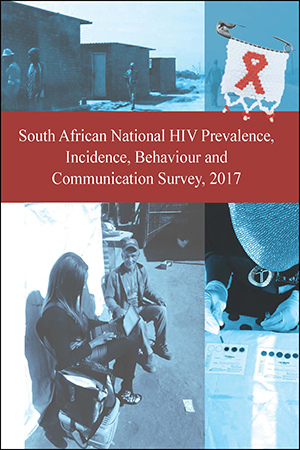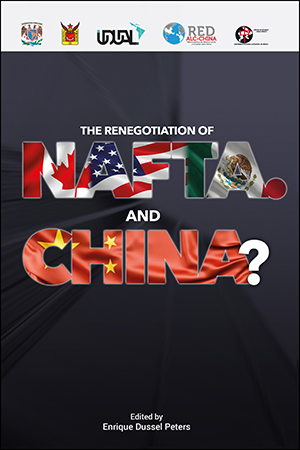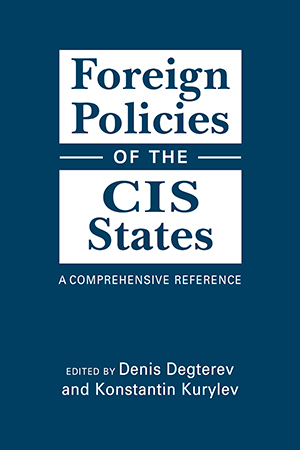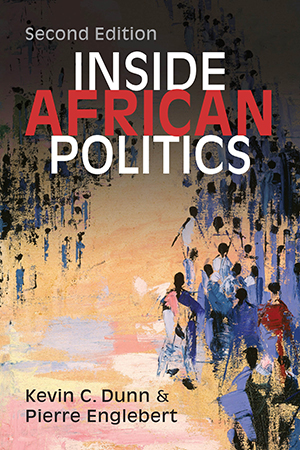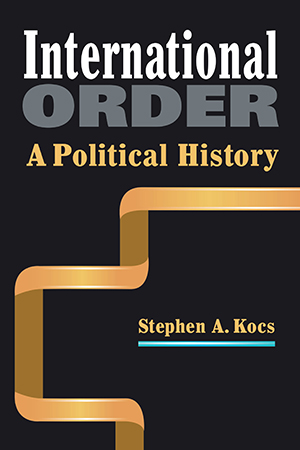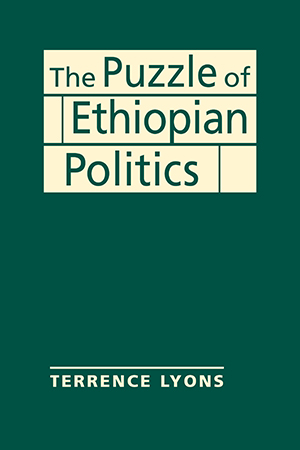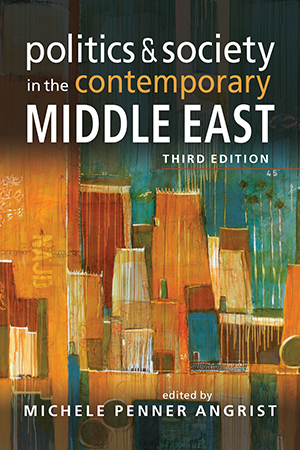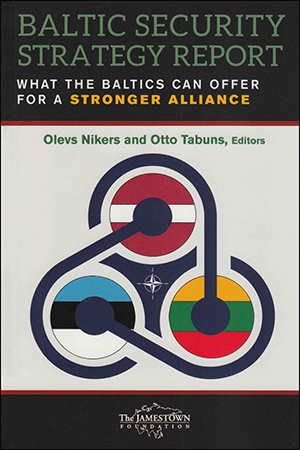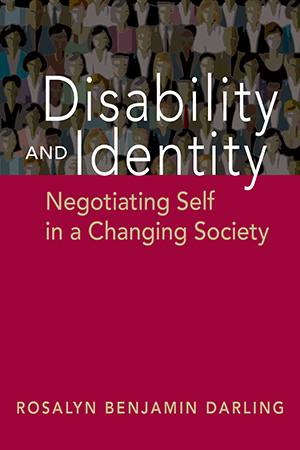BOOKS
This study reports the results of the most recent in a series of cross-sectional surveys undertaken by a research consortium led by the Human Sciences Research Council (HSRC). The consortium More >
After more than a year of negotiations, the differences between NAFTA and the new United States–Mexico–Canada agreement (USMCA) are minor—especially considering the initial More >
How do the former Soviet republics that now constitute the Commonwealth of Independent States (CIS) interact with each other and with other regional and world powers? What are the conceptual More >
Whether democracy promotion should play a role in US foreign policy continues to be a subject of considerable debate, perhaps nowhere more than with regard to the Arab World. But looking More >
The second edition of Inside African Politics, updated throughout to reflect political developments across the continent, not only provides thorough coverage of the full range of core More >
Where does international order come from? How is it established and maintained? Why does it break down? With every sovereign state its own master, how can order prevail? Answering these More >
How did a group with its origins in a small Marxist-Leninist insurgency in northern Ethiopia transform itself into a party (the EPRDF) with eight million members and a hierarchy that links More >
The rise and decline of ISIS in Iraq and Syria. Deepening authoritarianism in Turkey. The return to military-led rule in Egypt. The impact of Crown Prince Mohammad bin Salman in Saudi More >
This in-depth security review of Estonia, Latvia, and Lithuania assesses current challenges pertaining to defense and deterrence, societal security and resilience, economic security, and More >
Choice Outstanding Academic Book! Rosalyn Darling offers a sweeping examination of disability and identity, parsing the shifting forces that have shaped individual and societal More >



